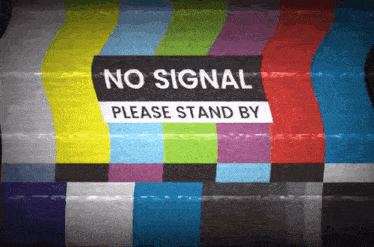Wingspan wrote:Me, Grimlock! wrote:Hope that last bit was directed at the character Grimlock and not me.

Character. You're all clear

Heheh. Good. I know I'm not the brightest guy on the board, but I like to think I'm no Grimlock. Even though I'm a Grimlock.

Yeah, observation is kind of a misleading word, but what scientists mean is that something interacts with it, i.e. if something (not necessarily a living thing) can "see" it. It's not necessarily observation. If something interacts with another thing, it's said to have observed its state.
In real life, observing something changes it. We see because a photon (the building block of light) bounces off something and hits our eye. When the photon bounces off something so small, it can change its trajectory, like billiard balls. So basically we change things by seeing them (only if the thing has such little mass that it *can* be moved by a photon). Ever seen the Futurama episode "Luck of the Fryish"? At the beginning, when Farnsworth rants that they changed the outcome of the horse race by measuring it, this is what he was referring to.
In the case of quantum physics, however, instead of just changing its trajectory, we define it. Until it's observed, it remains undefined. Of course, this only happens at such a small level (it *is* quantum physics) and there's no real way to test it, because testing means observing. It's all speculation right now. I originally read it a few months ago, so I can't quite remember the string of logic that Brian Greene used, but pick up the book. It's quite a fantastic subject if you're into that sort of thing, and he does a good job of explaining it.
And I've thought a little more about it. I think I'm wrong in my original assertion. Because we don't observe a completely sealed up glass, whatever is filling the empty half of it isn't nothing; it's undefined. Two different things, since by definition "nothing" is defined.
Still, it's fun to make this claim and see where the conversation goes. It is, after all, philosophy.




 [ Click to attempt signal recovery... ]
[ Click to attempt signal recovery... ]





































